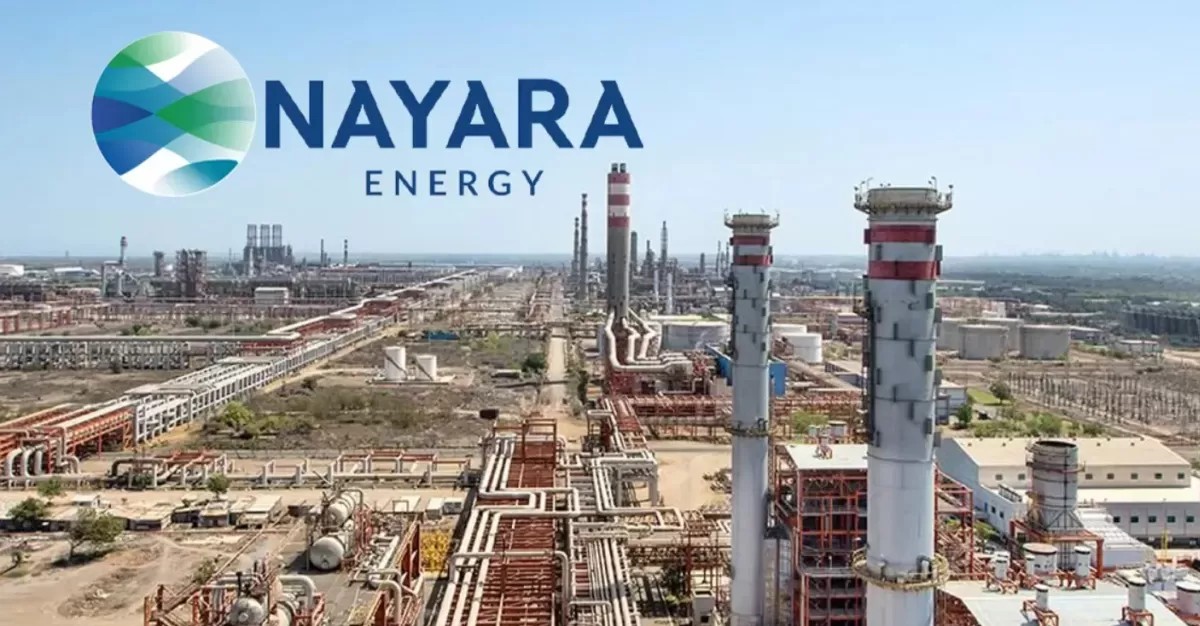In a bold move that underscores India’s evolving energy diplomacy, Nayara Energy—Russia-backed and one of India’s largest private refiners—has shipped its first gasoline export cargo since the European Union imposed sanctions on its operations. The sanctioned vessel, Tempest Dream, carrying approximately 43,000 metric tons of gasoline, is now en route to the Middle East, signaling a strategic pivot in Nayara’s export logistics and geopolitical positioning.
Key Developments and Strategic Context
The vessel Tempest Dream, flagged under Guinea-Bissau, departed from Nayara’s Vadinar refinery in Gujarat, which has faced operational constraints since the EU’s July 18 sanctions.
This marks Nayara’s first successful gasoline export since the sanctions, which had previously led to multiple cargo cancellations and vessel diversions.
The cargo is reportedly destined for a Middle Eastern buyer, bypassing traditional European markets that have grown wary of Russian-linked fuel shipments.
Why This Shipment Matters
The EU’s sanctions targeted Nayara due to its ownership ties with Russian oil giant Rosneft, disrupting its access to insurance, IT services, and shipping contracts.
Nayara’s ability to secure a sanctioned vessel and reroute exports to the Middle East reflects its resilience and adaptability in a constrained global trade environment.
This shipment could set a precedent for alternative trade routes and buyers, especially in Asia and the Gulf, where regulatory scrutiny is less stringent.
Operational Challenges and Tactical Shifts
Nayara had scaled down refinery output to 70–80% capacity due to fuel storage limitations and reduced tanker availability.
Several Indian shipping firms, including Seven Islands Shipping and GESCO, terminated contracts citing compliance risks.
Microsoft’s suspension of services forced Nayara to migrate to Rediff.com for internal communications, highlighting the broader impact of sanctions beyond logistics.
Market Reaction and Strategic Implications
While Nayara’s stock remains privately held, the broader energy sector is watching closely. The successful export could ease pressure on domestic inventories and restore partial revenue flow.
Analysts suggest Nayara may increasingly rely on spot cargo sales to non-EU buyers, with a focus on Southeast Asia, Africa, and the Middle East.
The company’s legal challenge against Microsoft in the Delhi High Court also signals its intent to push back against what it calls “unilateral and unjustified” sanctions.
Geopolitical and Trade Dynamics
India continues to be the largest buyer of Russian seaborne crude, and Nayara plays a pivotal role in refining and redistributing this supply.
The use of Tempest Dream, a vessel previously flagged for sanctions-related scrutiny, indicates a shift toward shadow fleet logistics—a growing trend among sanctioned entities.
This development may prompt further scrutiny from EU regulators and insurance firms, potentially complicating future voyages.
Investor and Industry Takeaway
Nayara Energy’s gasoline export via Tempest Dream is more than a logistical feat—it’s a geopolitical statement. It reflects the company’s strategic recalibration in the face of sanctions and its ability to maintain operational continuity. While risks remain high, especially around compliance and reputational exposure, Nayara’s maneuvering could inspire similar moves by other Russia-linked entities operating in Asia.
Source: Times of India

